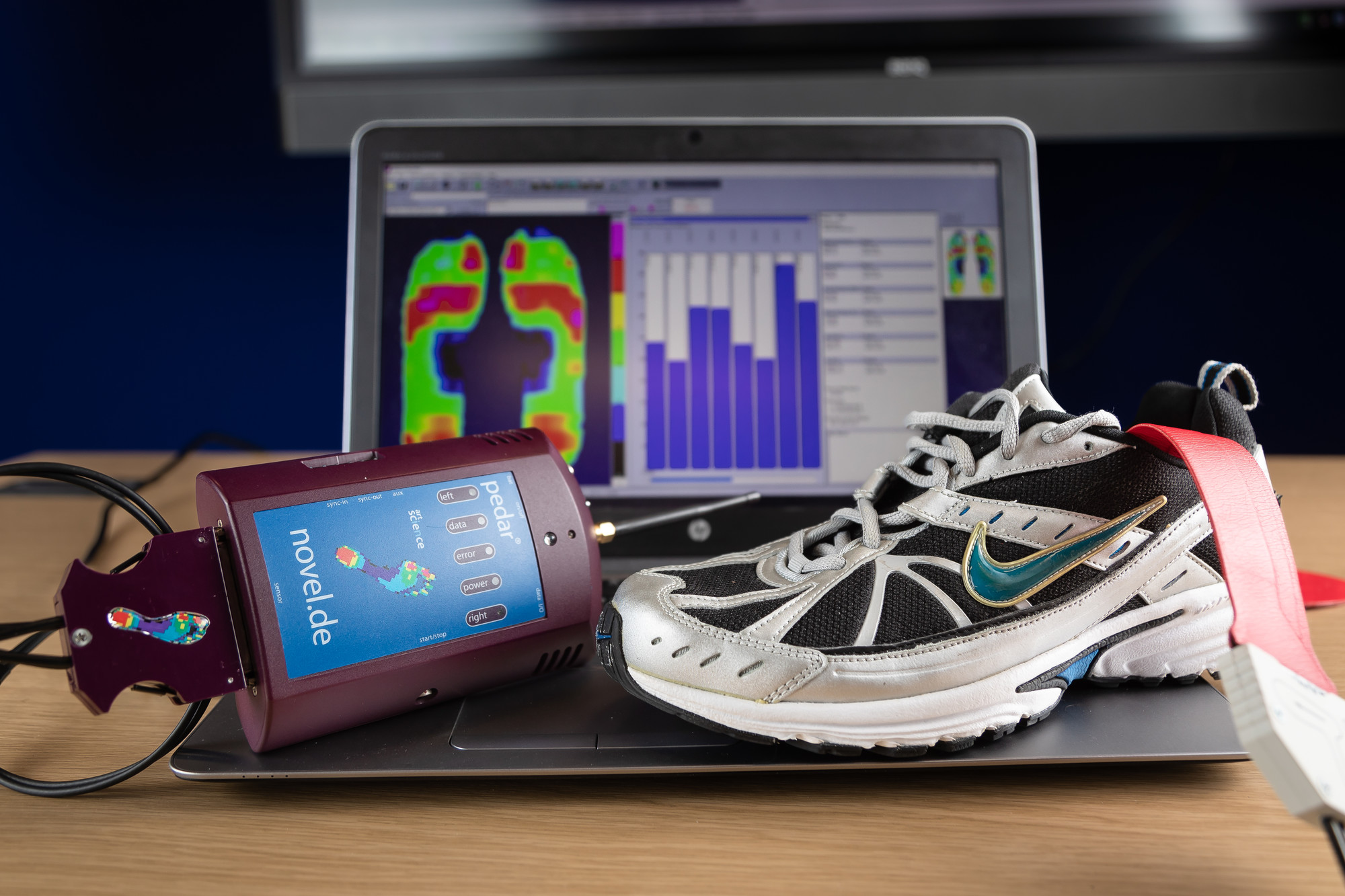2:1honours degree
A minimum 2:1 honours degree in a relevant discipline, or substantive professional experience, is required. Consideration will be given to those who hold a lower classification who can demonstrate they are capable of performing at the level required to complete the course successfully.
Applicants will need to identify an appropriate and feasible area of research and a suitable member of staff to supervise the project. Applicants are required to provide a strong personal statement supporting their application to conduct independent research in an area suitable for supervision by Sport and Exercise Sciences staff. It is expected that all applicants will have prior research experience. Applicants should also show appropriate experience of research (and research methods). Applicants will be asked to interview if their original application is successful.

.jpg)



